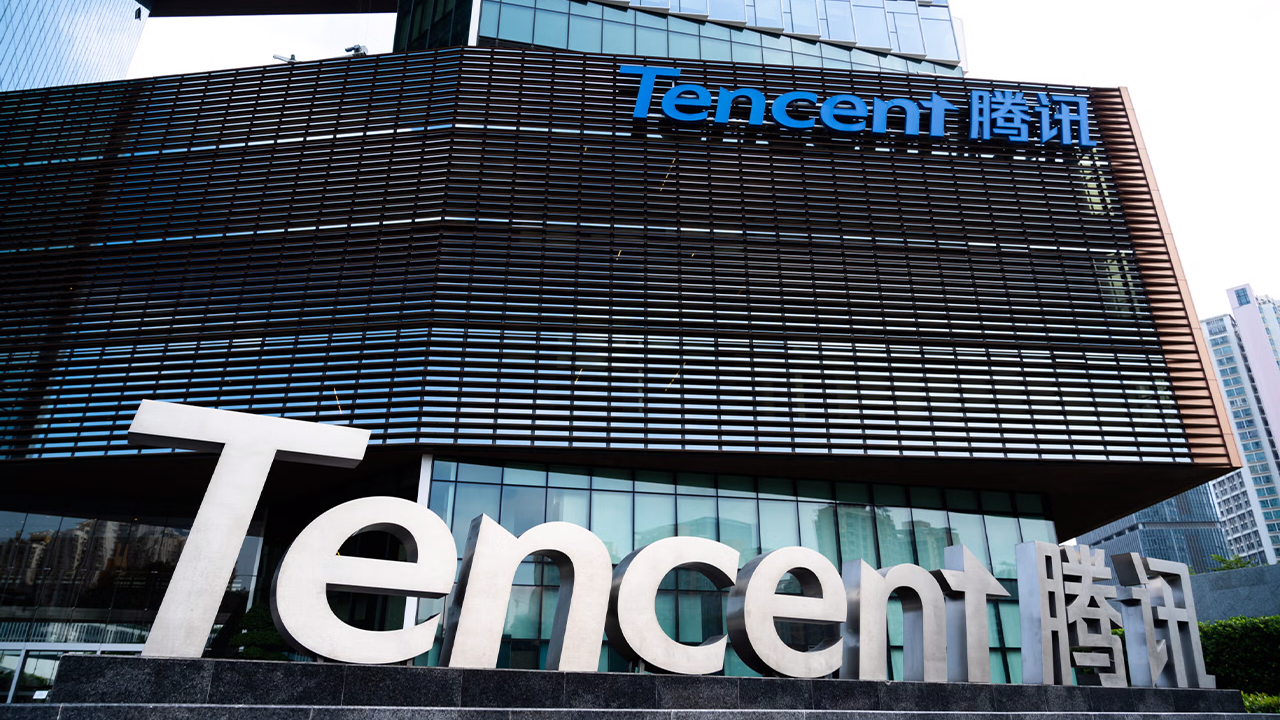- Tencent Cloud invests USD 150 million to launch its first Middle East Cloud Region in Saudi Arabia by 2025.
- The new Cloud Region includes two availability zones, linking Saudi Arabia to Tencent’s global network across 21 regions.
- This expansion supports Saudi Arabia’s Vision 2030 by boosting digital infrastructure and regional access to advanced cloud services.
Tencent Cloud
So what is happening? Tencent Cloud invested USD 150 to launch its first Middle East Cloud Region in Saudi Arabia by the end of 2025.
This move aims to drive digital transformation across Saudi Arabia and the wider region, supporting Vision 2030.
Who are they? Tencent Cloud is a comprehensive cloud computing service platform developed by Tencent, a Chinese multinational technology company.
What is inside the new Cloud Region? The new Cloud Region will include two availability zones, which are separate data centers in different locations within Saudi Arabia. This setup connects Saudi Arabia to Tencent’s global network of over 50 availability zones across 21 regions. It gives local businesses access to Tencent’s cloud services like software platforms (SaaS), development tools (PaaS), AI analytics, and digital media technologies. Moreover, providing them with the infrastructure needed to build and scale digital products.
Cloud Infrastructure
Why does it matter? According to Dan Hu, Tencent Cloud’s VP for MENA, this marks an important step for Saudi Arabia’s digital infrastructure. The new Cloud Region offers local industries access to advanced cloud tools and technologies aiming to foster innovation in Saudi. Furthermore, it connects Saudi businesses more directly with Tencent’s global network, including its presence in China’s tech market.
What’s in it for MENA? The new Cloud Region aims to provide faster and more reliable cloud services with stronger infrastructure. It also offers a direct link to Tencent’s extensive network, including China’s digital market. This could help regional companies improve their technology capabilities and expand their digital presence.
Bottom line: Tencent’s USD 150 million investment represents a significant step toward building more advanced cloud infrastructure in the Middle East. This, aiming to support the region’s ongoing digital development.
If you see something out of place or would like to contribute to this story, check out our Ethics and Policy section.














